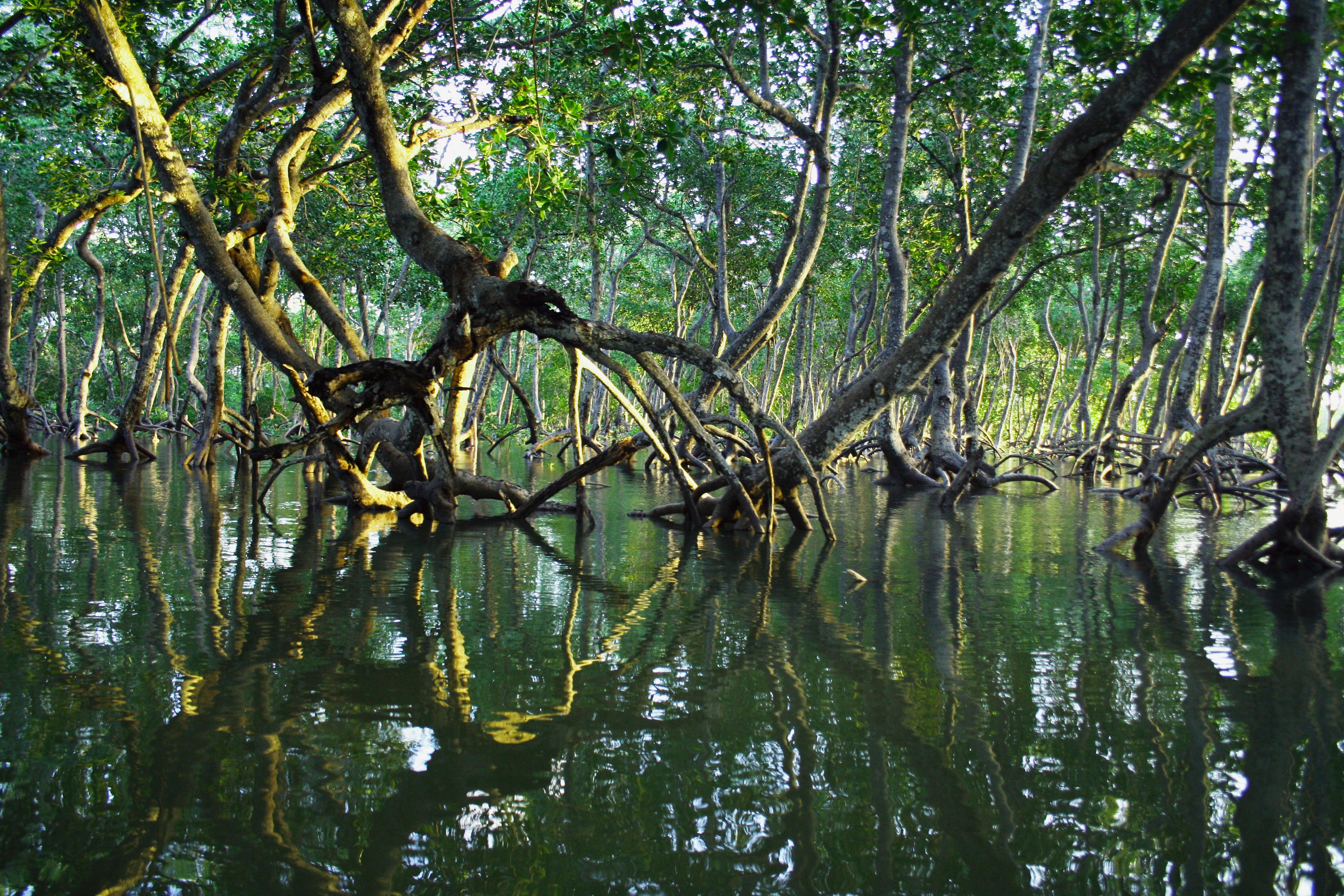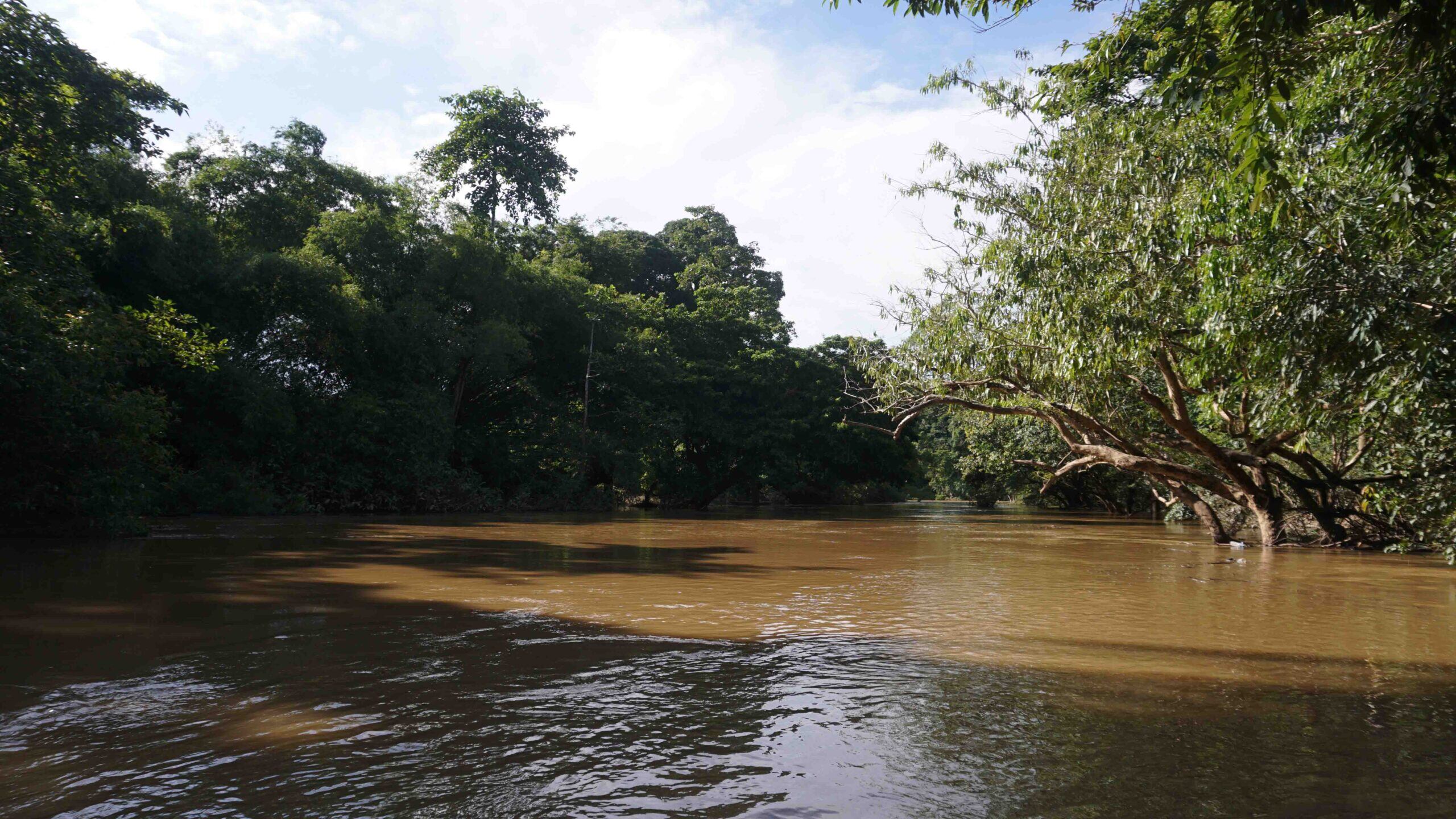Week 28: Conservation Finance News
Putrajaya engages state govts, private sector in national carbon market policy formulation
NRES Minister, Nik Nazmi is engaging state governments and the private sector to develop Malaysia's national carbon market policy. The policy aims to encompass both nature-based solutions (NbS) like forestry and tax-based solutions, aligning with UNFCCC guidelines. Discussions with neighbouring countries and the World Bank are ongoing to explore the feasibility of implementing a carbon tax in Malaysia. Meanwhile, the Malaysian government is taking steps to ensure that the sale of carbon credits abroad does not hinder the country's progress towards its emissions reduction targets outlined in its nationally determined contributions (NDCs). Click here to learn more.
Investors' nature framework debuts with three distinct target categories
Finance For Biodiversity (FfB) launched its updated nature target-setting framework in collaboration with SBTN and UN Environment Programme, backed by investors like Fidelity International and HSBC Asset Management. The framework aligns with nature's targets for financial institutions, with 177 pledge signatories committing to setting targets by 2024. The optional monitoring target helps investors track their portfolios and prepare stewardship strategies, aiming for achievement by 2030. To learn more, you can click here.
Yayasan Sime Darby urges action to protect Central Forest Spine
Yayasan Sime Darby wrapped up its World Environment Day 2024 celebrations by pledging to safeguard Malaysia's central forest spine, investing over RM27 million in these initiatives. The event featured a screening of the WildRoots documentary, emphasizing the importance of ecological connectivity and community-led conservation efforts. Notable attendees highlighted ongoing conservation work and the significance of protecting hornbill species, inviting public participation in conservation projects. To know more, you can click here.
Ecotourism and mangrove conservation trends in Southeast Asia
Research highlights Indonesia and Malaysia as key mangrove and ecotourism locations, offering diverse activities like boat tours, wildlife encounters, tree planting, kayaking, seafood tasting, and snorkelling. Ecotourism boosts local infrastructure and drives crucial mangrove conservation projects, making Southeast Asia a hotspot for nature lovers and conservationists. Click here to learn more.
BeZero Carbon sets up an advisory board of climate experts
BeZero Carbon offers risk-based ratings for carbon credits to boost investor confidence in carbon markets, aiding the climate transition. The Advisory Board comprises experts like Dr. Rhian-Mari Thomas, Cameron Hepburn, Dr. Pernille Holtedahl, Alicia Seiger, and Dr. Laura-Marie Töpfer. They emphasize the importance of scrutinizing carbon markets for effective scaling and sustainable practices. The Board aims to guide the market towards net zero goals while ensuring accountability and investor trust. Click here to learn more.
Tropical forest degradation from 'edge effects' exceeds previous estimates by 200%
A study in Nature shows extensive tree degradation at the edges of tropical forests, with impacts up to 1.5 km inside. Deforestation and human activities like logging worsen forest vulnerability, leading to increased deforestation and reduced canopy height. Advanced satellite data reveals 18% of tropical forests globally are affected by edge effects, emphasizing the need to protect large forest blocks and collaborate for future research. Click here to learn more.
Sarawak forestry sector urged to enhance self-regulation and meet new environmental standards
Sarawak's forestry sector is expected to enhance self-accountability by following EIA and other regulatory directives through self-regulation. The full implementation of the Natural Resources and Environment (Audit) Rules 2008 aims to foster a culture of self-regulation, improving compliance with environmental laws. This initiative reduces regulatory burden and promotes environmental compliance and sustainability within the industry. To know more, you can click here.
Evolution of financial policy to support nature action in the Global Biodiversity Framework
Policymakers and regulators need support for Kunming-Montreal GBF; companies must manage biodiversity risks to comply with regulations like the EU's Corporate Sustainability Due Diligence Directive by 2024. Supervisory authorities are enhancing biodiversity risk management guidance, with NGFS framework and sector-specific guidance by Bank Negara Malaysia, reflecting a shift towards proactive management seen in the UK's nature loss impact assessment on the economy. Click here to learn more.
Kanop develop ESA-funded biodiversity monitoring tool
A French nature tech startup, Kanop, has received funding from the European Space Agency (ESA) to develop a biodiversity monitoring tool. The tool aims to support nature-related disclosures and the biodiversity credit market. Kanop plans to finalize the tool by the end of the year, combining various indexes to assess ecosystem integrity, habitat connectivity, and species abundance. It will leverage satellite imagery and Lidar technologies. Kanop intends to launch a seed funding round to scale its technology by the end of October. To learn more, click here.
Japan expands efforts to support growth for nature-based projects
Japan is expanding its Joint Crediting Mechanism (JCM) to include nature-based credits, emphasizing forestry and agriculture projects. Pilot projects in Vietnam and the Philippines are focusing on rice cultivation. Japan's goal is to allow the trading of JCM credits under the Paris Agreement's Article 6.2 to facilitate access to nature-based carbon finance for partner countries. To know more, you can click here.



